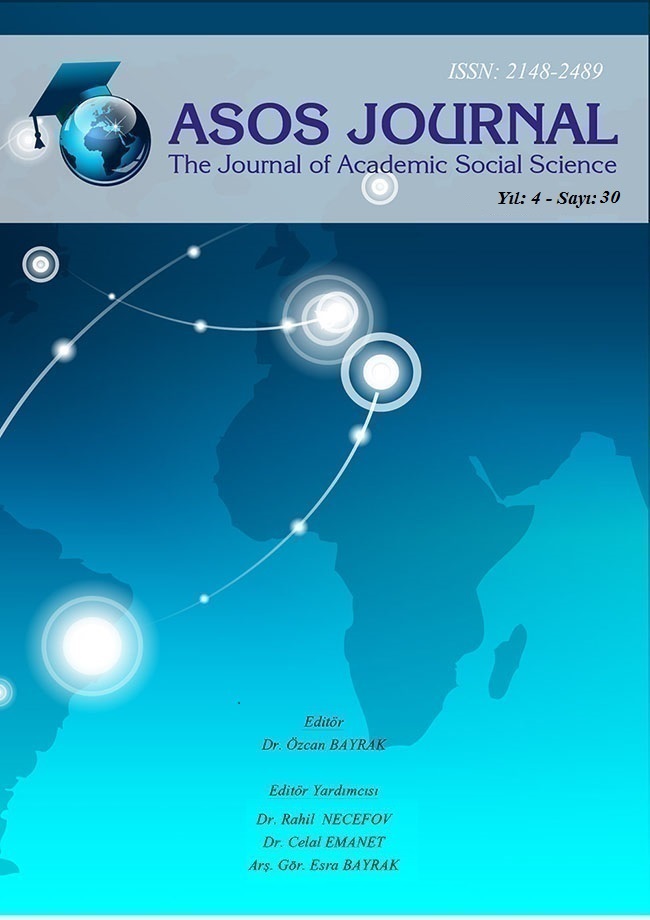HERŞEY YENİ MEDYA YAKINSAMASIYLA MI İLGİLİ? POSTMODERN TELEVİZYONUN İZLEYİCİ STRATEJİLERİNİN ÖRTÜSÜNÜ KALDIRMAK
Author :
Abstract
Günümüz Post-Televizyonu bir medya yakınsaması olarak internet ve Web’in sunduğu etkileşim olanaklarıyla televizyon izleme pratiğini bir araya getirerek televizyon izleyicisini aktif hale getirme iddiasındadır. Her ne kadar bu vurgu TV izleyicisinin bu pratik konumlanışıyla ilgili özgürleştirici bir söylem içerse de çokkimlikli izleyicilikten beslenen tüketim ve karşılıklı bağımlılığa dayalı bir yanılsamayı da bize sunmaktadır. Post-televizyon bu ikili ve gerilimli karakteri yeni teknolojilere bağımlı aktif izleyiciliği yaratan ideolojinin örtüsünü kaldırmayı amaçlayan bu çalışmanın temel sorunsalını oluşturmaktadır. Aynı zamanda, ekonomi politik ve kültürel çalışmaların sunduğu eleştirel perspektiften yola çıkarak bu çalışma Big Brother ve Survivor gibi popüler Post-TV formatlarının izleyici stratejilerine odaklanarak söz konusu gerilimi anlama noktasında da çaba göstermeyi hedeflemektedir.
Keywords
Abstract
The post-television adopt media convergence opportunities in order to activate the so-called passive audiences by enabling efficiently the use of internet; by combining the television watching practice with the opportunities such as interaction and participation that internet incorporate. Even though this emphasis on interaction and participation has an emancipatory aspect concerning the practical positioning of TV audiences, it also has an ilusional character imposing a new kind of consumerism and interdependence which nourished by audiences’ multi-identities. This binary character of post-television constitutes the problematic of this study which aims to unveil the ideology beneath creating a new technology depended active viewership. Accordingly, departing from a critical perspective oriented by political economy and cultural studies, this paper aims to provide a better understanding of this tension by focusing descriptively on audience strategies of some Post-TV formats like Big Br





